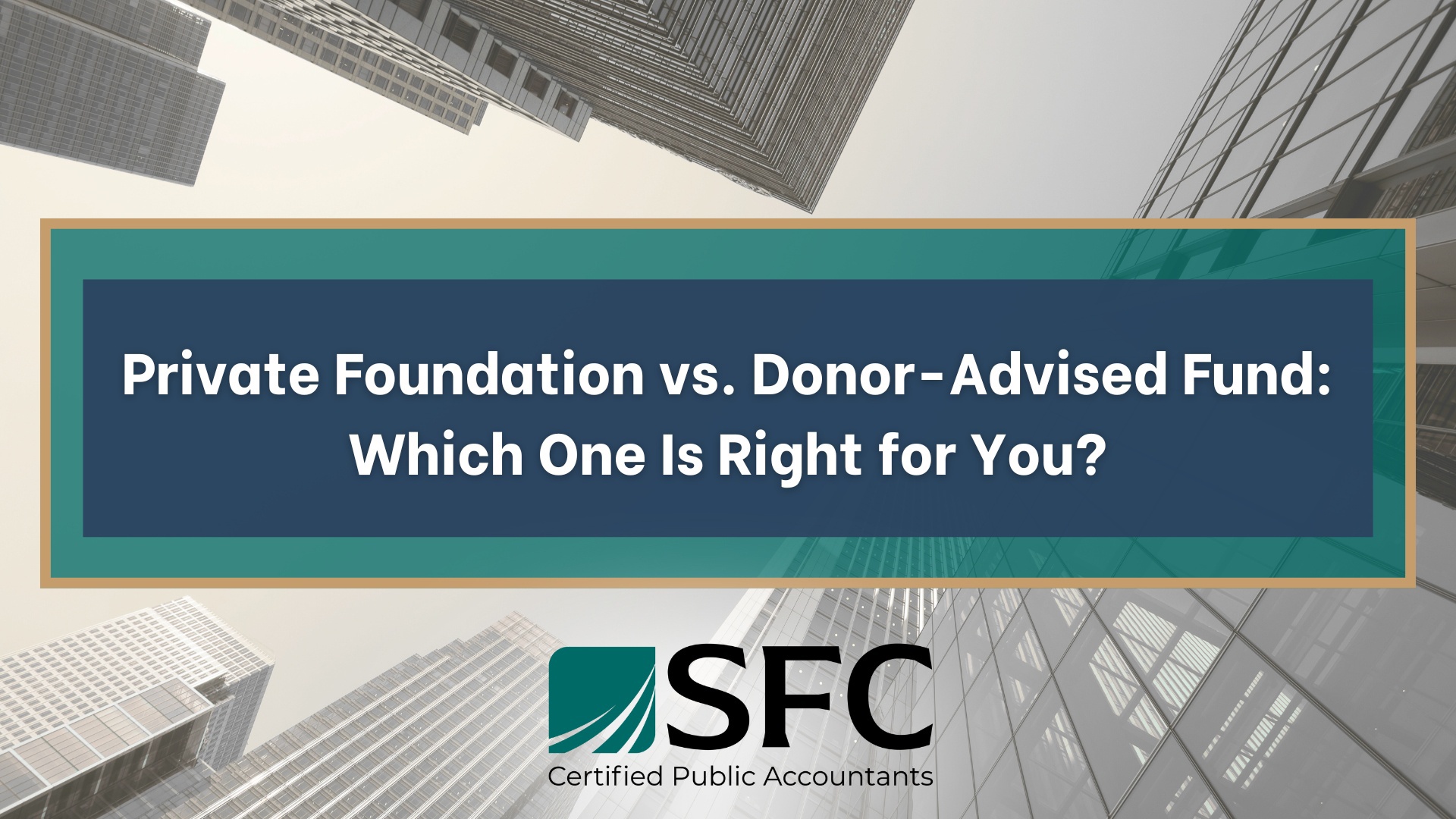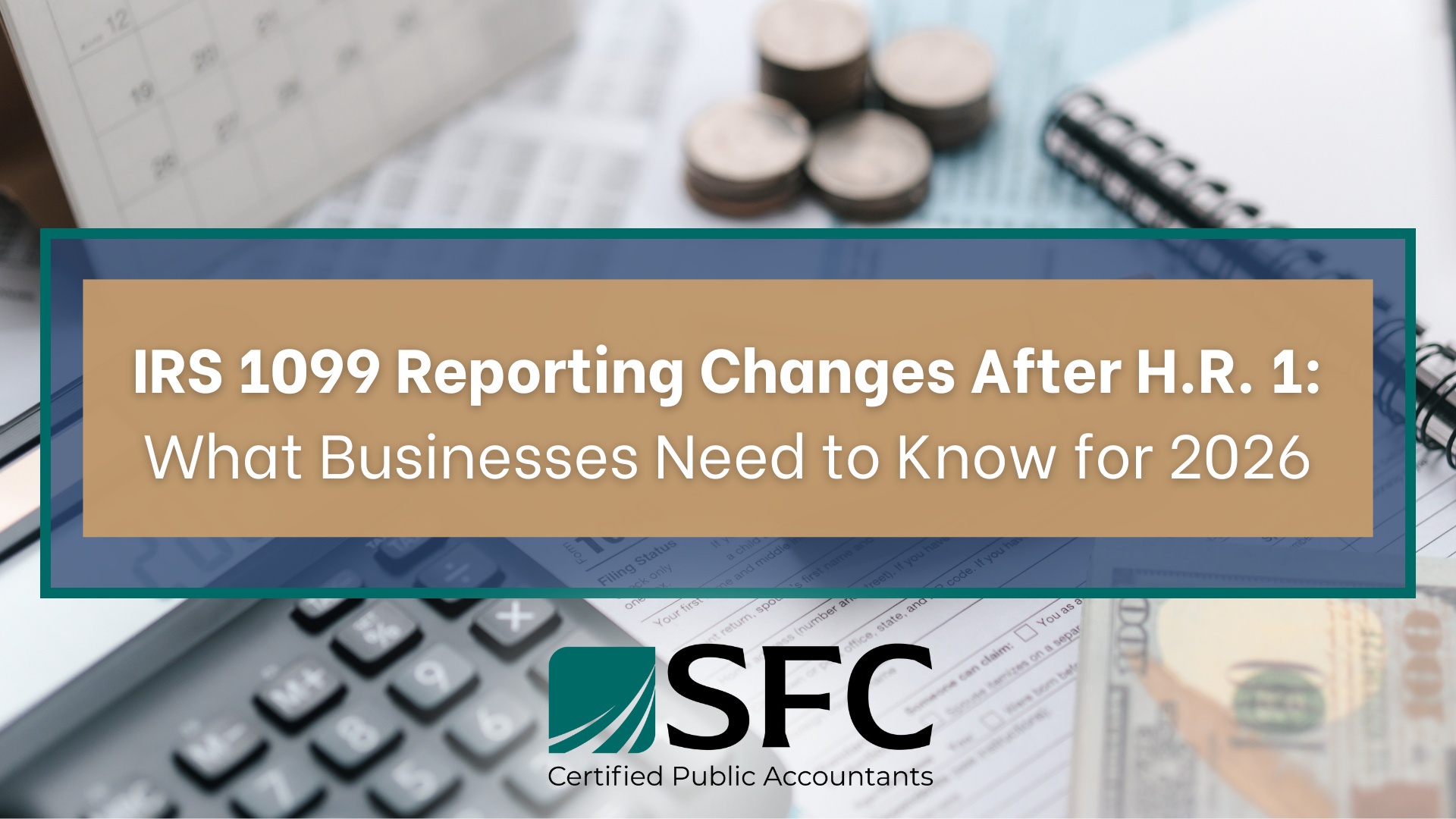
An endowment can be a game-changer for your nonprofit's long-term sustainability—but only if it’s done right. Whether you're just beginning to explore the idea or you're preparing to launch, here are 5 key things every nonprofit needs to know before starting an endowment.
1. Endowments are Long-Term Commitments
An endowment is not necessarily a reserve fund that can be tapped into when emergencies arise. In traditional endowments, the donor expects that the principal of the gift will be invested and only a portion of the return (typically 4-5% annually) will be spent. Endowments are typically meant to build a financial legacy that supports the mission for decades to come.
2. Make Sure Your Organization is Ready
Before jumping in, take a step back and assess readiness.
- Mission clarity: You’ll need a strong, clearly defined mission to attract donors who want to invest in your long-term success.
- Financial stability: Your organization should be financially sound so that the endowment campaign doesn’t pull resources away from annual operations.
- Infrastructure: Solid financial systems must be in place to track, invest, and report on endowment funds responsibly.
3. Establish Strong Policies and Governance
Endowments thrive on structure and transparency. Before launching, adopt:
- An Endowment Policy outlining your investment strategy, spending rate, and reinvestment rules.
- A Gift Acceptance Policy to guide how contributions are received and managed.
Decide who will oversee the funds — whether it’s the board, a finance or investment committee, or outside advisors — and make sure roles are clearly defined.
4. Be Ready to Fundraise (and Keep Fundraising)
An endowment isn’t a quick fix — it’s a long-term fundraising effort. You’ll need a compelling story that explains why the endowment matters and how it will support your mission’s future. Most nonprofits begin with a dedicated campaign and major gifts, but sustaining and growing the fund often requires ongoing fundraising over time.
5. Know the Legal Landscape:
Endowments come with legal and fiduciary responsibilities. Leaders must understand the difference between restricted and unrestricted funds and follow state laws such as the Uniform Prudent Management of Institutional Funds Act (UPMIFA). Donor intent must always be honored, and funds must be invested and spent prudently. It’s wise to consult a nonprofit attorney or CPA before you begin.
Pro Tip: You don’t need millions to start. What matters is having the right policies, transparency and commitment in place to grow it over time.
View More
- All 7
- Board of Directors 1
- Community Impact 1
- Endowments & Investments 1
- Financial Transparency 2
- Grant Compliance 1
- Internal Controls 1
- Nonprofit 4
- Nonprofit Audit 2
- Nonprofit Best Practices 2
- Nonprofit Financials 2
- Nonprofit Leadership 1
- Philanthropy & Charitable Giving 1
- Social Impact 1
- Strategic Planning 1
- Sustainability 1
- Tax 1
- Tax Compliance 1


